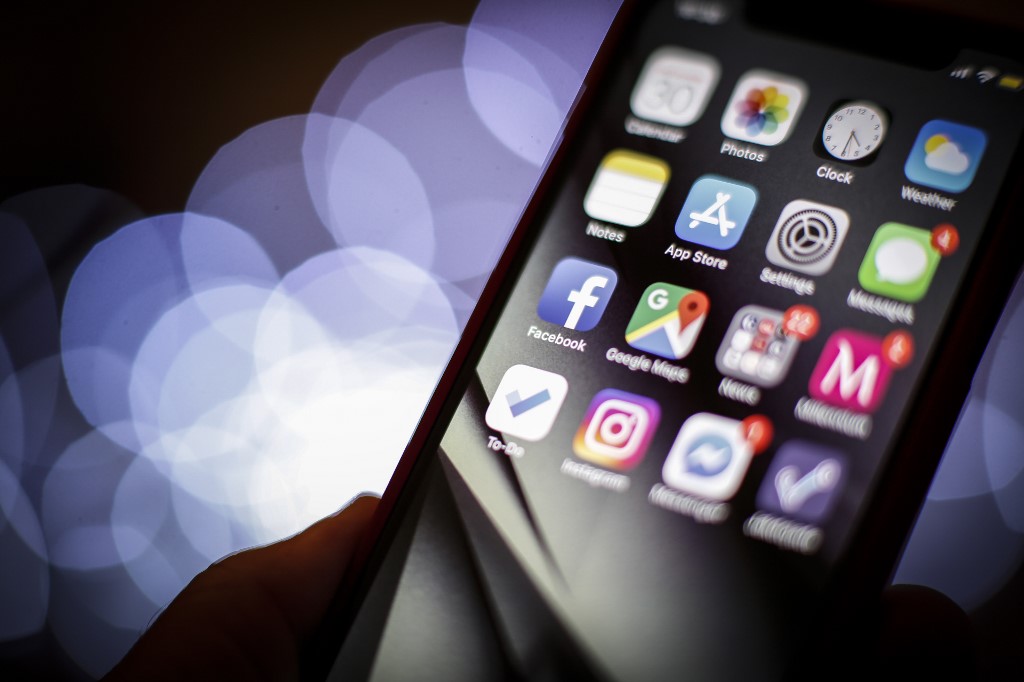(ATF) Apple has deleted 1,470 apps from its China app ‘store’, Wind news has reported. The US tech giant did this to comply with an order from the State Administration of Press, Publication, Radio, Film and Television (SART) that from July 1 all game apps in China must have a license to show they were approved by regulators.
In order to comply with stricter Chinese regulations, Apple has frozen updates of “tens of thousands” of mobile games in the Chinese App Store, the report said.
China is Apple’s largest App Store market, with annual sales slightly higher than in the United States.
Chinese tech news-site, Webmaster’s House (Chinaz.co) said that according to data collected, iOS users spend almost twice as much on the App Store as Android users. In the first half of 2020, the App Store received revenue of US$32.8 billion through in-app purchases, subscriptions, premium applications, and games. This was an increase of 24.7% from $26.3 billion in the first half of 2019, the report stated.
The estimated total revenue of the Google Play store during the same period was $17.3 billion, an increase of 21% year-on-year.
Most of the revenue comes from games. To date, Apple has allowed users to download games from the Chinese App Store, but some of these games had not been officially approved by regulators.
‘Move could cost $854 million’
Tech researcher Mumu calculated that the regulatory delay could lead to income loss of 6 billion yuan ($854 million), while Todd Kuhns, marketing manager of consulting service company AppinChina, predicted that the move may cause Apple to lose up to $879 million in sales. Tech researcher Mumu said: “This is only the beginning.”
Chinese regulators have long required that all games that require payment or offer in-app purchases require a license before they are released. Major Android application stores have implemented this regulation since 2016. But on the iPhone platform, games that are not authorised are still popular – especially true during the coronavirus epidemic.
With Apple seeking to adhere to the Chinese regulation, some application developers have stopped providing services to Chinese users. Gaming is usually strictly controlled, as some party hardliners have condemned mobile games as “electric heroin”, because of their addictive nature.
Chinese tech giants hit in India
Meanwhile, the tit-for-tat trade wars imposed against China have also had an impact on Apple’s India App Store.
According to Yiou.com, the popular UC browser (owned by Alibaba and allegedly used by 130 million Indians a month), plus eggplant express, Club Factory and other Chinese applications banned last week by the Modi government have been removed from the Apple India App Store and Google India’s Google Play app store.
Google said in a statement that the company had temporarily blocked users from accessing these applications in its Google App Store after reviewing the interim order of the Indian government.
Apple gave no response. It is understood that many application developers including ByteDance, owner of Tiktok, have voluntarily suspended user access to their applications in India.
India’s Ministry of Telecommunications ordered telecom networks and other Internet service providers last week to immediately ban 59 applications developed by Chinese companies. The government said the applications were engaged in activities “prejudicial to the sovereignty and integrity of India, defence of India, security of state and public order.”
TikTok has more than 2 billion download users and the Indian market provides it with more than 611 million downloads, which is double the US market.
Navigation system blues
Meanwhile, on Saturday July 4, a message that “iPhone does not support Beidou navigation” also caused ire in China. Beidou is China’s equivalent of the US Global Positioning System (GPS).
Apple’s official website says that, in terms of cellular networks and wireless connections, the iPhone 6 to iPhone 11 series, as well as iPhone SE first and second generation devices have built-in GPS/GNSS.
GNSS is the global navigation satellite system, which includes the US GPS, the Russian GLONASS, the EU Galileo system and the Chinese Beidou satellite navigation system (BDS or Beidou) and other four global systems. Currently, more than 70% of the smartphones connected to the Internet in China provide Beidou system services.
























